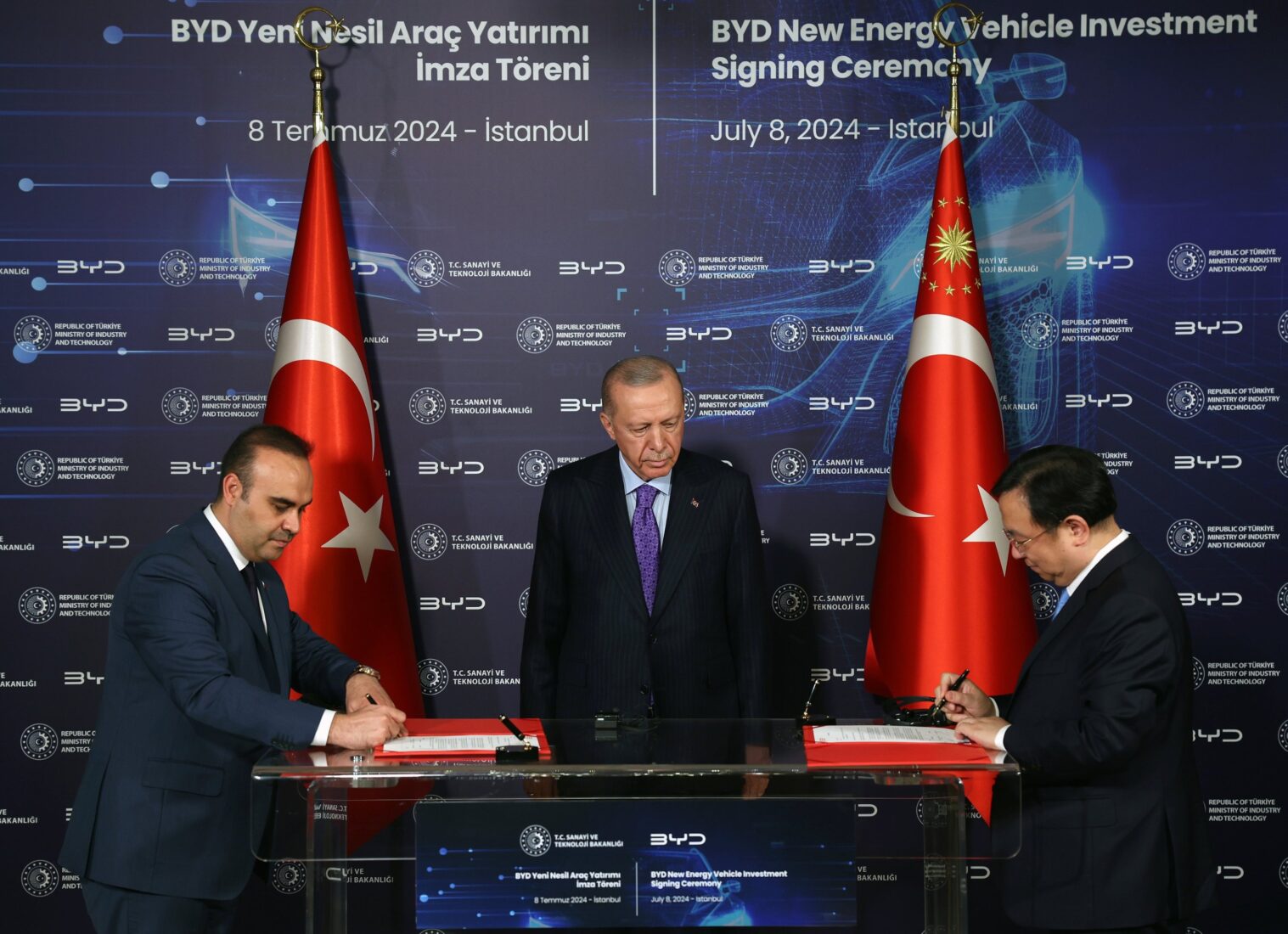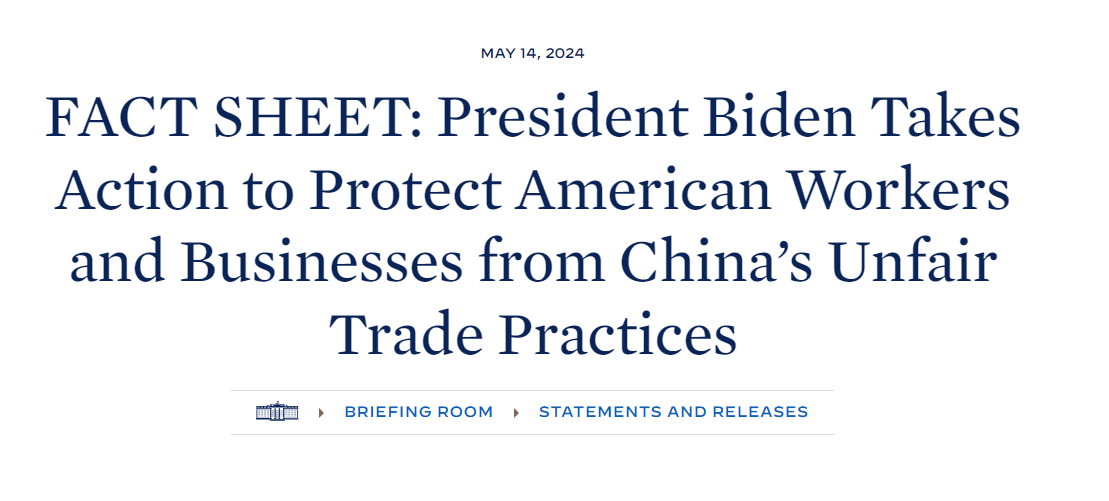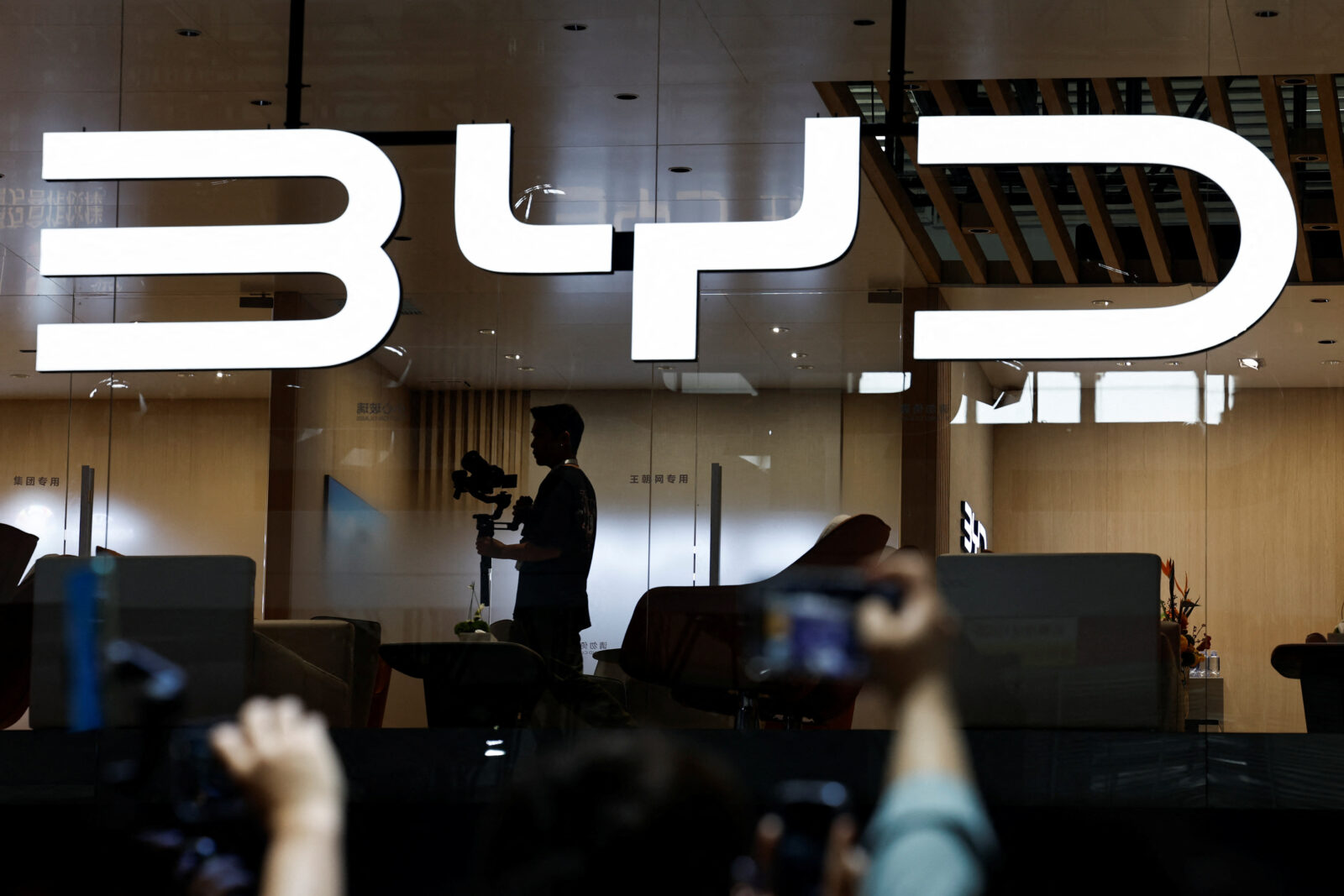China is pushing electric vehicle (EV) manufacturers to avoid transferring advanced technologies abroad.
The South China Morning Post reports that the Ministry of Commerce of China organized a meeting in July that included major EV producers such as BYD and Hozon New Energy Automobile. The meeting advised the companies to exercise caution when investing in countries like Türkiye and India.
The government has urged these firms to focus solely on setting up assembly lines rather than extensive production facilities.
Strategic considerations and technology transfer
China’s objective is to preserve critical EV technologies within its borders by exerting pressure on technology transfer. Electric vehicles significantly influence China’s strategy to establish itself as a global leader in technology.
China’s government is eager to protect these advantages by regulating their international dissemination, as it has significant strengths in areas such as battery technology, autonomous driving systems, and in-car entertainment.
This has led to the recommendation that Chinese electric vehicle manufacturers limit their overseas operations to assembly processes. This suggests that China should manufacture key components and advanced technologies, with only assembly taking place abroad. This policy is indicative of China’s approach to preserving its technological superiority on a global scale.

Investment restrictions in Türkiye and India
Although Türkiye and India are appealing markets for Chinese electric vehicle manufacturers, China is limiting the extent of its investments in these countries. For example, BYD recently disclosed its intention to allocate $1 billion toward the construction of a factory in Türkiye, to produce 150,000 vehicles. Nevertheless, the new guidelines from China indicate that this investment will likely prioritize assembly over advanced research and development.
China’s stringent policy regarding technology transfer may restrict the investment’s potential for technological innovation and R&D in Türkiye. This method is a component of a more comprehensive strategy that aims to address the challenges and trade tensions that Chinese companies encounter abroad, in addition to regulating technology transfer.

China’s investment strategy and global trade barriers
Chinese electric vehicle manufacturers face substantial global trade barriers in addition to technological transfer restrictions. European Union has implemented additional duties, and the United States has implemented a 100% tariff on electric vehicles manufactured in China, thereby erecting obstacles for these imports. These trade barriers have prompted Chinese companies to consider moving their production to other countries.
However, the Ministry of Commerce of China’s most recent directives may restrict the strategy. Manufacturers will be required to exercise greater caution when investing abroad, prioritizing assembly over full-scale production.
The objective of Beijing’s new policy is to reduce the risks associated with technology transfer and guarantee that critical technologies remain in China.

China’s plans and global strategy
China’s revised policy may necessitate that Chinese electric vehicle manufacturers reconsider their global expansion strategies. Investments in countries such as Türkiye and India may be subject to greater restrictions as a result of concerns regarding technology transfer, which could potentially affect the anticipated results of these investments.
China will likely continue to implement measures that carefully balance its global competitive position while safeguarding its technological assets in order to protect its technological lead in the electric vehicle sector.
